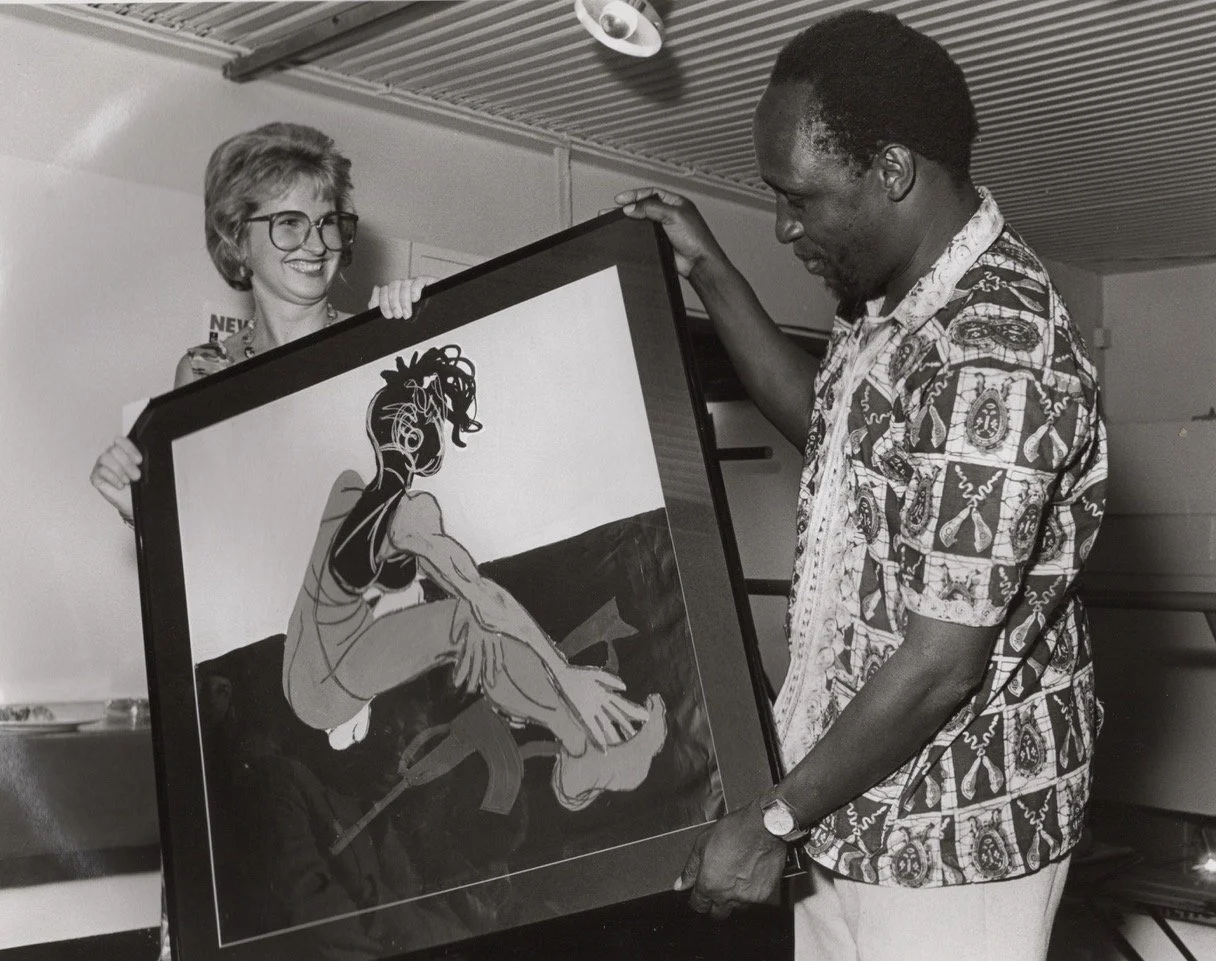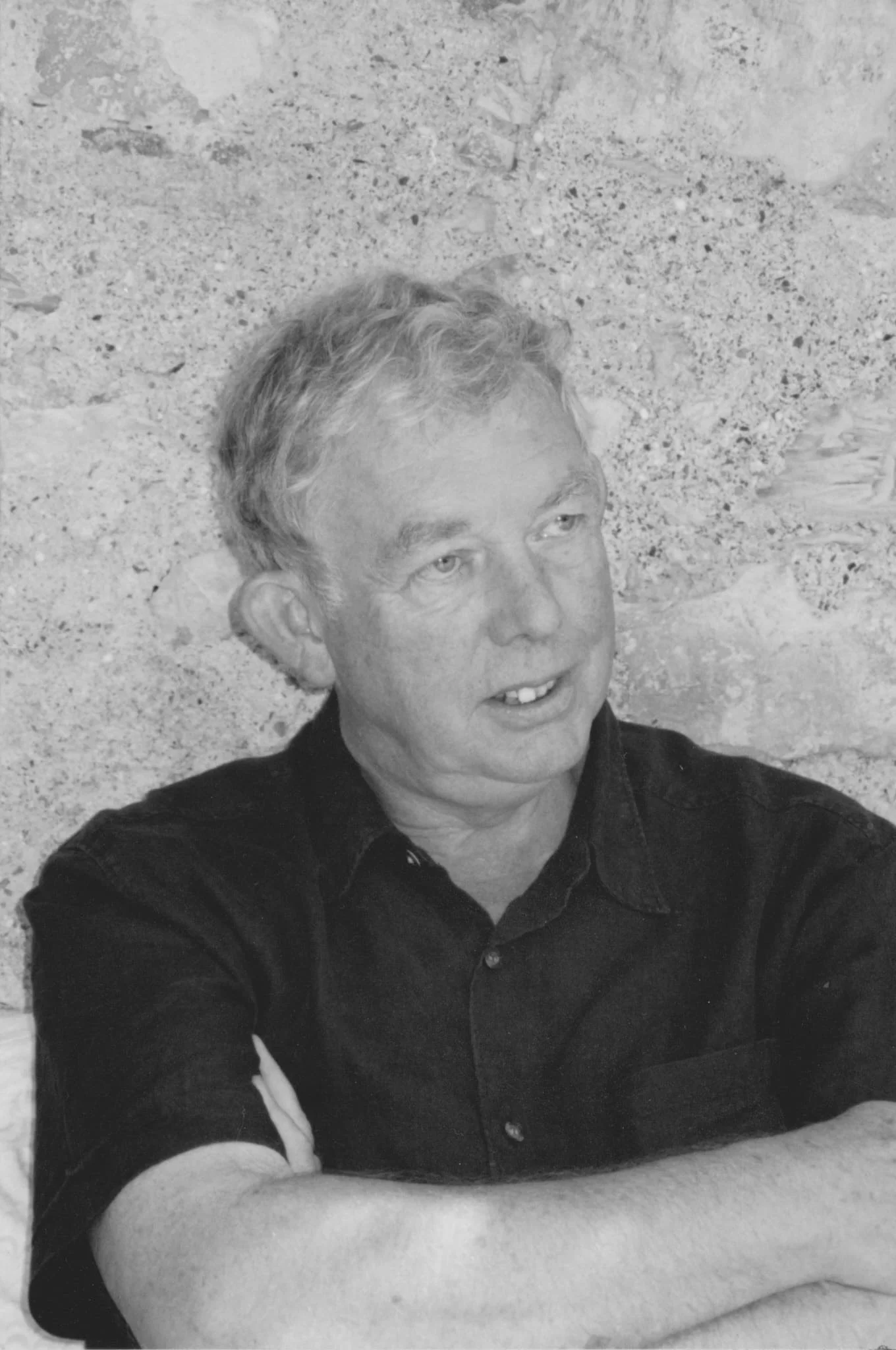Image credit: Martin Figura
When the entries for this year’s Caine Prize arrived in the post, they came nicely compacted into a cardboard box of modest dimensions. On opening, the contents expanded magically to cover my entire carpet.
These documents had already travelled far: in the minds of their creators, to publishers from Lagos to New Orleans to Bulawayo; to Caine Prize HQ in London; and now back to Africa for my reading pleasure. One hundred and thirty-three unique worlds.
Glancing at the sub list, seeing where all the writers came from and where they’d been published, I had a vision of the spread of paper on my floor growing again, bulking upwards into three dimensions. Because I knew that beneath these stories lay an intricate foundation: the small presses, magazines, editors, publishers, designers, typographers, teachers, readers, writing circles, in some cases funders – the scaffolding around which great stories are built. There were one hundred and thirty-three writers there on my carpet, and maybe five times as many others who’d helped them, in small or large ways, to be there.
This support can go unseen. Often, as with editing, you know it’s done best when it’s done invisibly. But here it all was, made visible on my study floor. One of the pleasures of the judging was this: seeing, so concretely embodied, how writing from Africa is flourishing. So many small local presses and magazines I wasn’t familiar with, alongside the bigger names.
I know what it’s like to write your heart into a story and send it off – and to feel like it’s disappeared into the ether. Unless you make it onto a shortlist or into publication, it’s easy to suspect that your words were never seen; that they were tossed aside, or just evaporated.
Writers and publishers reading this, I want to tell you: you were seen. Every story on that carpet got picked up and turned over and admired from every angle by all the judges; we read every story, some two or three or more times; we savoured and discussed.
And while a handful of complex and wonderful stories will now be celebrated, with one taking the Prize – plus a double handful more that we loved but had to set aside, regretfully – the rest are still there, in a pile next to my bed, and many of them in my mind.
One of the satisfactions of the judging process is that I get to keep the books we’re sent. A few I will put on my own shelf; the others I will pack away into another cardboard box and send to a library or a school that needs more African literature (they all do); and one day soon they’ll get to spring back out and expand and spread and rise again, as stories do.
Written by Henrietta Rose-Innes, 2018 Caine Prize Judge, find out more about the judges here.















